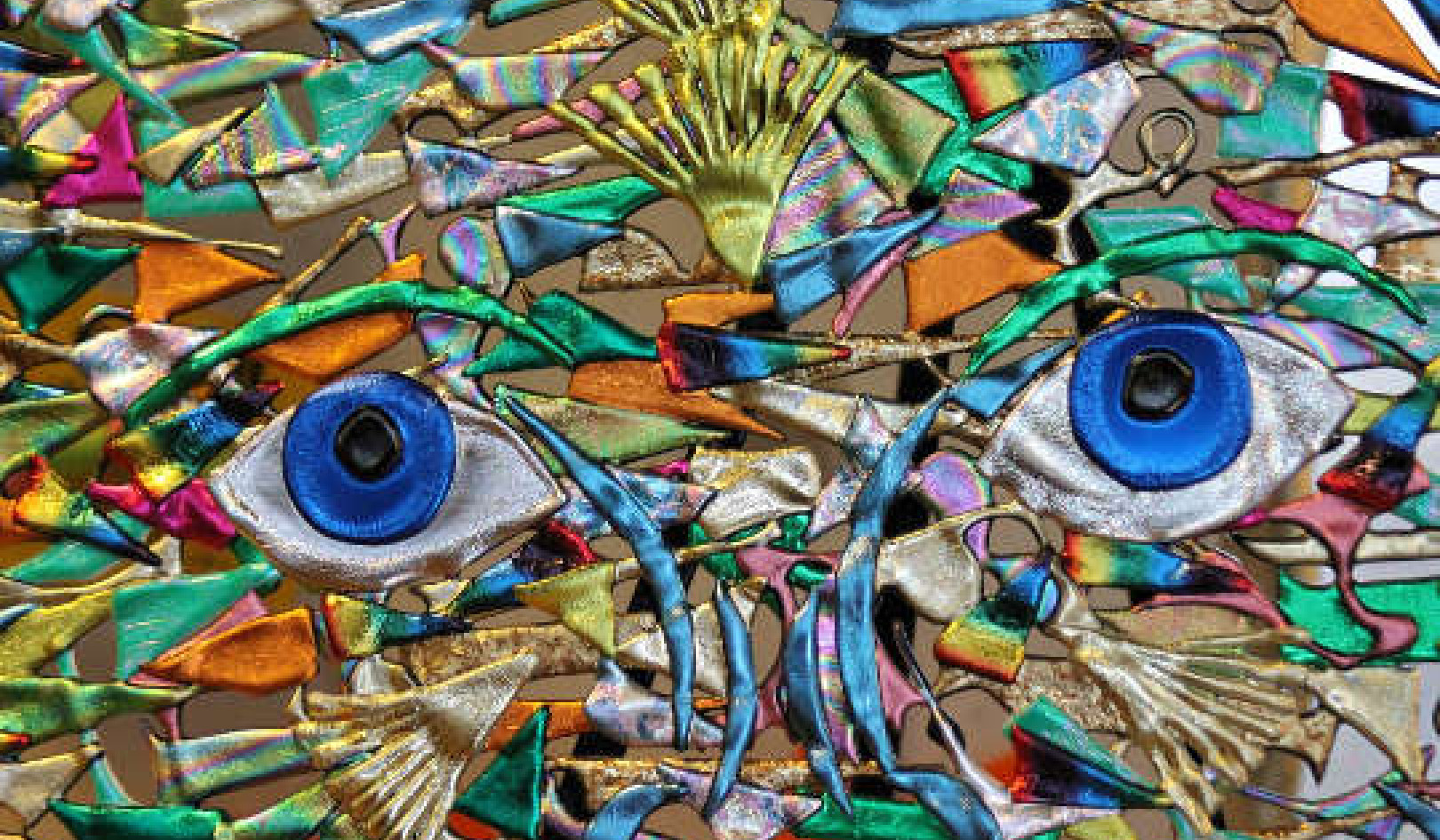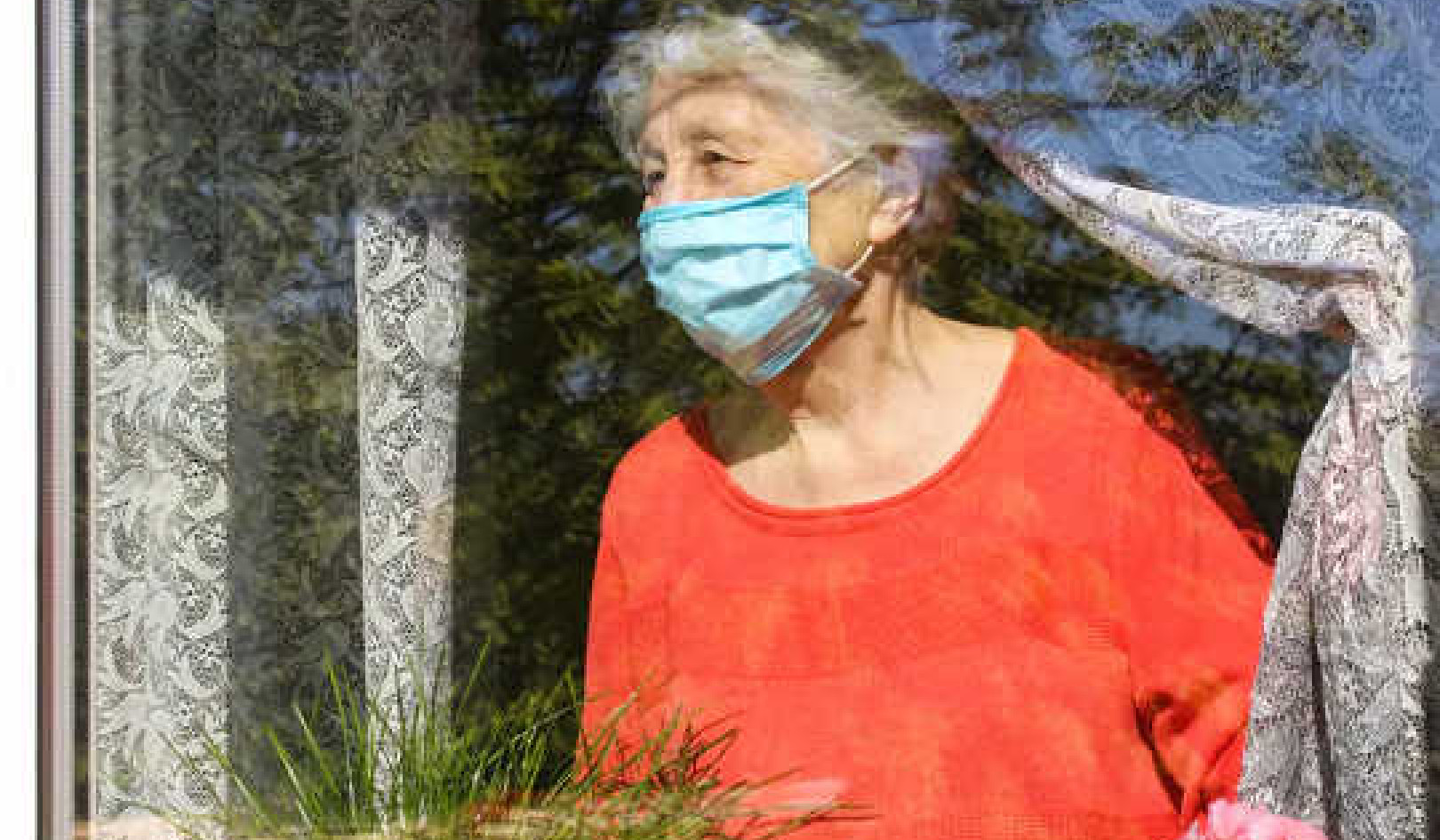
Shutterstock
There’s no question the rising rate of unemployment is one of the worst consequences of the COVID-19 pandemic. The number of Australians seeking work is heading towards 10%, almost double the pre-pandemic Australian average of just over 5%.
It’s well established that unemployment is associated with adverse health outcomes, but those who keep their jobs aren’t likely to emerge from the pandemic unscathed in terms of their occupational health either.
In fact, employees working under pandemic conditions are likely to be exposed to increased effort and reduced rewards, caused or exacerbated by their new circumstances amid the pandemic. This is known as “effort-reward imbalance” and it may lead to a range of stress-related diseases. While effort-reward imbalance is not a new concept, it’s particularly relevant during this pandemic.
What is effort-reward imbalance?
An effort-reward imbalance occurs when an employee feels the effort they’re putting into their work exceeds the rewards they receive in return.
 The scales aren’t tipping in favour of employees’ health under pandemic working conditions. Author Provided, Author provided
The scales aren’t tipping in favour of employees’ health under pandemic working conditions. Author Provided, Author provided
Research suggests workers who experience effort-reward imbalance are at a higher risk of depression, cardiovascular disease, diabetes, and musculoskeletal disorders, all of which can be exacerbated by the the release of cortisol and other stress-related hormones. These conditions are among the leading causes of death and disability globally.
Working harder…
During pandemic conditions workers are likely to exert more effort than they would under normal conditions. Cutbacks and job losses can mean remaining employees have to pick up additional duties.
Another potential source of increased effort is working from home, where workers may be managing distractions such as homeschooling children. They also might not have adequate facilities to perform optimally.
 Working from home can prove even more challenging when school closures are brought into the mix. Shutterstock
Working from home can prove even more challenging when school closures are brought into the mix. Shutterstock
…for less reward
All these factors can tip the balance of effort-reward imbalance unfavourably by forcing employees to work harder. And to make matters worse, rewards may also decrease during the pandemic, due to financial uncertainty. We’ve heard many reports of people’s pay, promotion opportunities and job security being reduced.
Even when rewards are reduced with the same level of effort, the balance can be tipped, resulting in effort-reward imbalance and its associated health consequences.
Why don’t employees just leave?
Effort-reward imbalance is likely to be sustained when workers choose not to leave their jobs. They may decide to stay, despite effort-reward imbalance, because they’re being strategic or CV building, have a tendency to over commit to their work, or feel they have no choice but to hold on to their job.
Given that alternative job opportunities are limited in the current economic climate, some people may choose to stay at work despite an effort-reward imbalance. This can lead to sustained effort-reward imbalance, increasing the risk of their health deteriorating as a result.
 People may stay in jobs with an effort-reward imbalance out of fear they won’t find other work. Shutterstock
People may stay in jobs with an effort-reward imbalance out of fear they won’t find other work. Shutterstock
What can workplaces do?
Many of the strategies typically employed to manage effort-reward imbalance might not be possible during the pandemic. For example, a business might not be able to afford pay rises. But even simple things like praising and thanking staff (a part of reward) may help.
It may also be helpful for employers to work with employees to establish which additional duties they would like to do. These may be the ones they find easy, enjoy or jobs that might help to better position them for other work opportunities in the future. This can reduce the risk of employees being swamped with tasks beyond their skill set, lessening effort-reward imbalance.
Comments in and out of the workplace such as “you’re lucky to have a job” trivialise employees’ stress, creating barriers to workers freely discussing work challenges. This challenge may extend beyond work to include the worker’s broader support networks, such as family and friends, too.
For this reason, both workplaces and support networks have an important role to play in promoting open communication about work-related stress. To encourage this, workplaces may offer free counselling services.
 Minimising high effort activities such as meetings may help to lessen effort-reward imbalance. Shutterstock
Minimising high effort activities such as meetings may help to lessen effort-reward imbalance. Shutterstock
What next?
The impact of the pandemic on effort-reward imbalance may extend beyond the pandemic itself as global economies will probably take considerable time to recover. It may be several years before pre-COVID work effort and reward balance is re-established, and job opportunities improve. For this reason, we need to be prepared for these more subtle, longer-term health impacts of the pandemic.
COVID-19 is not likely to be our last pandemic, nor the last financial strain on global or local economies. So we must use this as an opportunity to establish strategies to promote workers’ health during troubled times.
About The Authors
Philip Weinstein, Professorial Research Fellow and Jessica Stanhope, Associate Lecturer in Physiotherapy
This article is republished from The Conversation under a Creative Commons license. Read the original article.

Books Improving Attitude and Behavior from Amazon's Best Sellers list
"Atomic Habits: An Easy & Proven Way to Build Good Habits & Break Bad Ones"
by James Clear
In this book, James Clear presents a comprehensive guide to building good habits and breaking bad ones. The book includes practical advice and strategies for creating lasting behavior change, based on the latest research in psychology and neuroscience.
Click for more info or to order
"Unf*ck Your Brain: Using Science to Get Over Anxiety, Depression, Anger, Freak-Outs, and Triggers"
by Faith G. Harper, PhD, LPC-S, ACS, ACN
In this book, Dr. Faith Harper offers a guide to understanding and managing common emotional and behavioral issues, including anxiety, depression, and anger. The book includes information on the science behind these issues, as well as practical advice and exercises for coping and healing.
Click for more info or to order
"The Power of Habit: Why We Do What We Do in Life and Business"
by Charles Duhigg
In this book, Charles Duhigg explores the science of habit formation and how habits impact our lives, both personally and professionally. The book includes stories of individuals and organizations who have successfully changed their habits, as well as practical advice for creating lasting behavior change.
Click for more info or to order
"Tiny Habits: The Small Changes That Change Everything"
by BJ Fogg
In this book, BJ Fogg presents a guide to creating lasting behavior change through small, incremental habits. The book includes practical advice and strategies for identifying and implementing tiny habits that can lead to big changes over time.
Click for more info or to order
"The 5 AM Club: Own Your Morning, Elevate Your Life"
by Robin Sharma
In this book, Robin Sharma presents a guide to maximizing your productivity and potential by starting your day early. The book includes practical advice and strategies for creating a morning routine that supports your goals and values, as well as inspiring stories of individuals who have transformed their lives through early rising.
s























